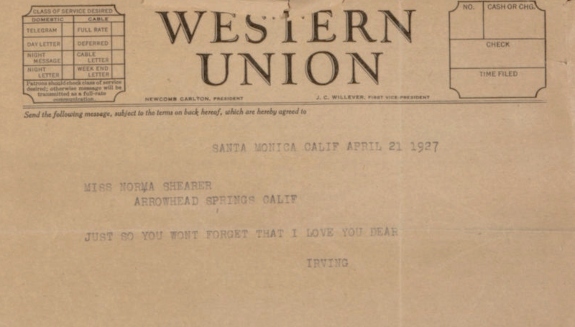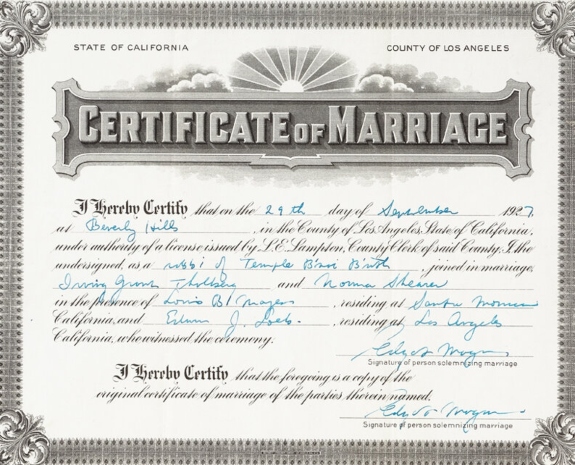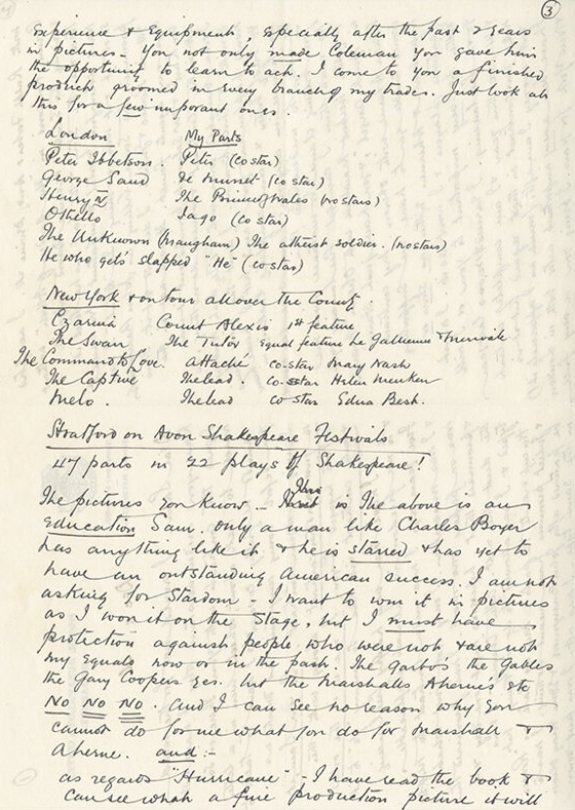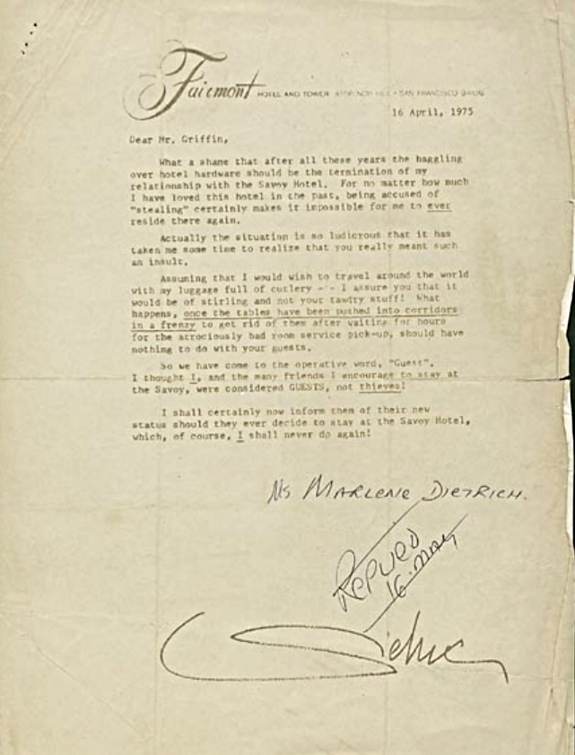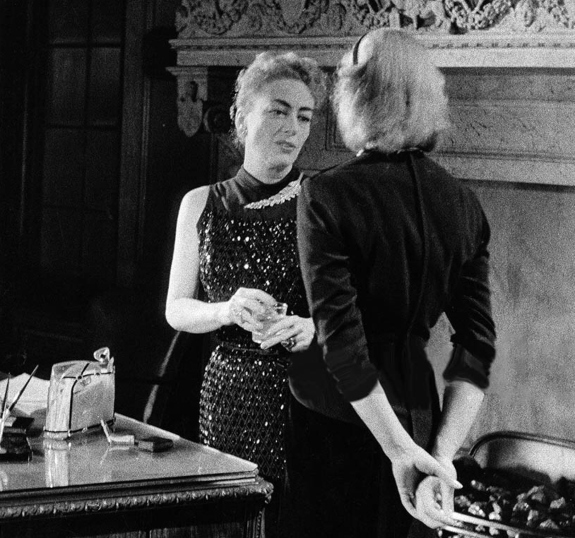Born in Hungary as Manó Kertész Kaminer, director Michael Curtiz arrived in Hollywood in 1926 at age 39. Having already directed numerous films in Europe, Curtiz was signed to a contract by Warner Bros, the studio where he would make nearly all of his Hollywood films. While Curtiz didn't have a signature style like some of his peers (like Alfred Hitchcock or Frank Capra), he was a versatile director who could handle a variety of genres, including adventure, western, musical, drama, comedy and film noir. A lot of films that are now considered classics were directed by Curtiz, among them The Adventures of Robin Hood (1938), Casablanca (1942), Yankee Doodle Dandy (1942), Mildred Pierce (1945) and White Christmas (1954).
Curtiz was a workaholic, working long hours without pausing for lunch and dismissing actors who ate lunch as "lunch bums" (which led Peter Lorre to remark: "
Curtiz eats pictures and excretes pictures"). A lot of actors as well as crew members found the director very difficult to work with. Biographer Alan Rode said that Curtiz's "demonic work ethic approached savagery" and that the working conditions on his sets had contributed to the founding of the Screen Actors Guild. As mentioned in
this post, Bette Davis hated working with Curtiz. Among the actors who also had problems with the director were Errol Flynn, Humphrey Bogart and James Cagney, and the latter once said: "
Mike was a pompous bastard who didn’t know how to treat actors, but he sure as hell knew how to treat a camera".
 |
| Struggling with the English language, Curtiz was known for his use of malapropisms. For example, a well-known anecdote is that Curtiz had asked for a "poodle" on the set of Casablanca; some time later the prop master brought him a little dog, not realising Curtiz had meant a "puddle" (of water), not a "poodle". |
Seen below are three letters from actresses who remember what is was like to work with Curtiz. The letters, all written in 1975, are addressed to Curtiz's daughter Candace Curtiz who was working on a book about her famous father. (I couldn't find any information regarding the book, so I guess it was never published.)
The first letter is from Olivia de Havilland who had quite a hard time with Curtiz, finding him "exigent, emotional, and even harsh". She was directed by him nine times, i.e. in Captain Blood (1935), The Charge of the Light Brigade (1936), Gold Is Where You Find It (1938), The Adventures of Robin Hood (1938), Four's a Crowd (1938), Dodge City (1939), The Private Lives of Elizabeth and Essex (1939), Santa Fe Trail (1940) and The Proud Rebel (1958).
Not all actors found Curtiz difficult to work with, however. Claude Rains, for example, whom Curtiz had directed in ten films, got along with the director quite well. And there were others, including Ingrid Bergman and Rosalind Russell, who said they enjoyed working with the man. Bergman, who was directed by Curtiz in Casablanca (1942), and Russell, who worked with him on Roughly Speaking (1945), talk about their experiences in the second and third letter of this post, written on resp. 5 February 1975 and 22 August 1975.

 |
| On the set of Gold Is Where You Find It with Olivia de Havilland, George Brent and Mike Curtiz. |
(The image on the left only shows the back of Ingrid's letter.)
I belong to the people who loved your father. He was extremely nice to me during the shooting of “Casablanca”. He was under such stress because the script was written day by day. All his actors were nervous not knowing what was going to happen, all of them asking for their dialogue. He sat mostly by himself in deep thoughts, while the lights were being changed. He was very impatient and couldn’t stand people that worked slowly. How wonderful, if he had known he was making a masterpiece, a classic that would be loved for generations! I never met your father outside of work, so I really only know him from the set. I think Hal Wallis, the producer and still here in Hollywood, could help you. They fought over the story every lunch hour!!
I wish you best of luck —
Ingrid Bergman
 |
| Humphrey Bogart, Ingrid Bergman and Mike Curtiz on the set of Casablanca. |

Dear Miss Curtiz:
Forgive my not answering your letter. It was because I really had nothing to offer your book of great value.
I worked for your father but he did not use the "bon mots" many others said he did. He was hardworking + thorough, full of enthusiasm.
I enjoyed working with him + felt he put a good deal of his own unique energy on to the film he was making.
Good luck with your book about a splendid filmmaker!
Rosalind Russell
 |
Mike Curtiz and Rosalind Russell on the set of Roughly Speaking.
|


.jpg)

.jpg)



.jpg)

_03%20(1).jpg)
_NRFPT_01%20(1).jpg)
.jpg)
.jpg)

